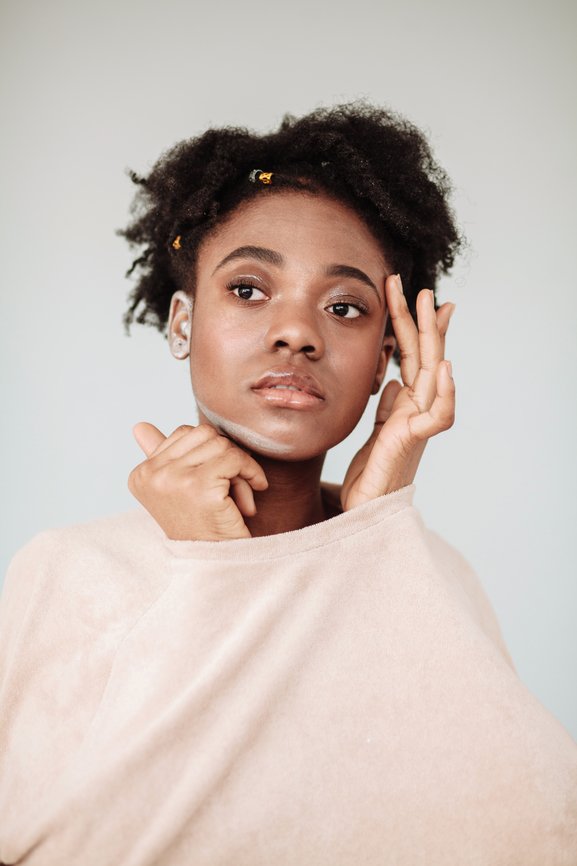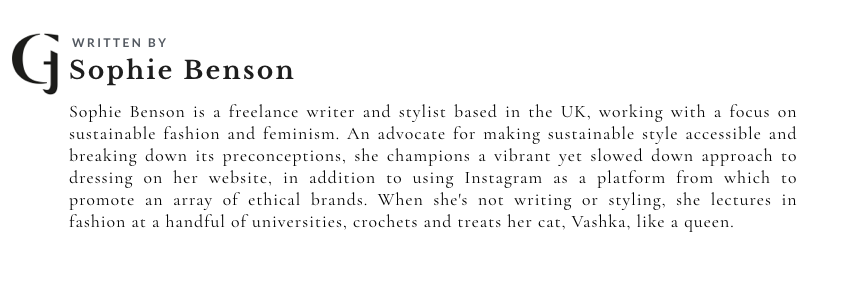
The 6 Conscious Questions To Ask Yourself Before Buying New Clothing
Fast fashion has become the default shopping model. For those of us who have grown up with fashion at breakneck speed, we’re used to our clothes being cheap, readily-available and bereft of context. We don’t know the hands which crafted our garments, nor can we relate to the daily lives of those growers, dyers, cutters and sewers. The race to the bottom has carved a chasm between consumer and craftsperson and we’re all poorer for it.
The positive side effect to this detachment? Discontent has bred a new, conscious consumer. A consumer who is focused on ethical working conditions, fair trade, sustainable processes, longevity and minimising environmental impact. But when we’ve learned to shop from a crowded rack with nothing more than a vague tag to hint at some semblance of a back story, what do we need to ask to make considered, conscious choices? These are the questions to keep in your armoury…
1. Who Made This?
Who made my clothes is a question pushed to the forefront by Fashion Revolution. For a simple enough sounding enquiry it holds a lot of power. Knowing who made your clothes is predicated on a brand having close connections with their factories and a closely monitored supply chain. There should be no hidden faces within the fashion industry.
2. Is This Price Fair?
Warp speed production times go hand in hand with plummeting prices. A £15 t-shirt might be the new normal but is it fair? The price of a garment represents a multiplicity of processes, from growing the cotton and stitching the seams to sending it to the shop floor. Layer a viable profit on top of this and it doesn’t leave much for those at the bottom of the chain. By asking whether a price is fair, we can begin to recognize a garment’s true value.
3. What Fabrics Are Used?
Not all fabrics are created equal so consider the inseam tag just as important as the price tag. What is the fabric content? Is it oil-thirsty polyester or a natural fibre? Cotton is an obvious, plant-based option but the industry harbours some murky practices. Look for Fairtrade and Organic certifications as an indicator of fair practices and a dedication to responsible water treatment and monitoring chemical usage. Other stand-outs include hemp, ECONYL and Tencel.
4. Is This Brand Transparent?
Take a look through your favourite brand’s website. How open are they about their practices? Do they specify where their clothes are made? Do they share factory information? Do they talk about their supply chain? If you’re not content with the information on their website, ask them directly. Ask them about their fabrics, working conditions, prices and environmental impact. If they don’t or won’t answer, it’s probably a cue to look elsewhere.
5. Do I Truly Need This?
Not all sustainability issues lay at the feet of the manufacturers. We need to question our own choices every step of the way, too. Fast fashion promotes want over need and it’s up to us as consumers to change this. Fashion is – and always should be – about fun and creativity. Style as a form of expression will always exist outside the parameters of necessity. But, if it’s the fifth pair of jeans or a third pair of sandals, it’s important to consider the impact of our shopping impulses. Take a step back, consider your purchase and ask do I need this?
6. Will This Piece Last 30 Wears Or Longer?
Whether it’s in terms of quality or trend, longevity is the key to a consciously curated wardrobe. Look at the seams, check the fabric and consider every new piece within the context of your life. If it’s made to last and you can envisage wearing it past the end of the current season and far beyond, that’s your green light.

